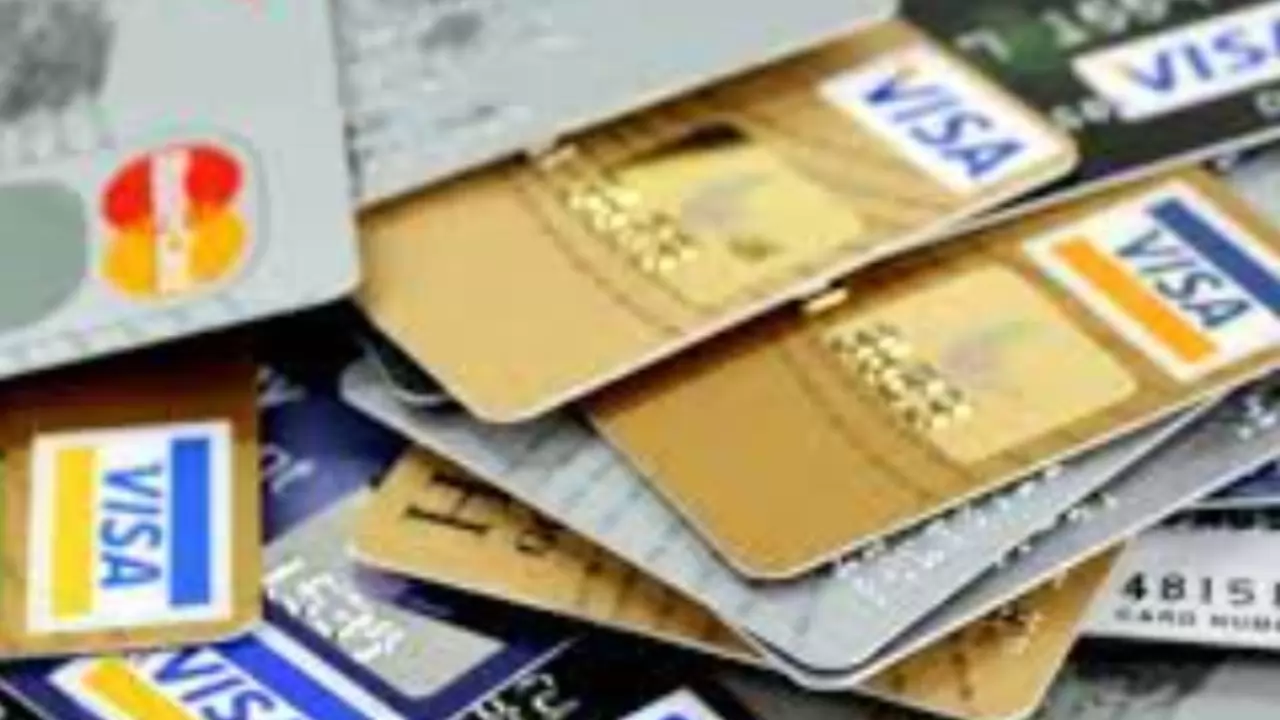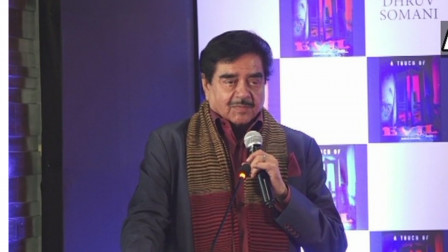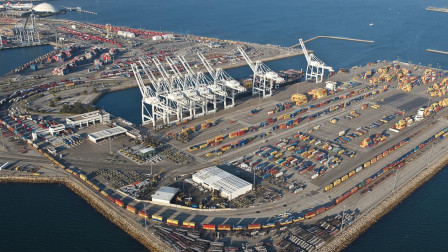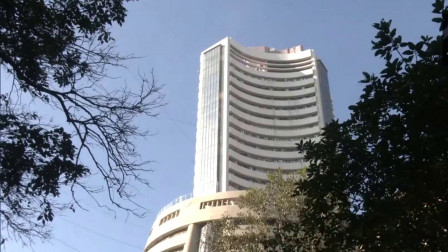
Credit cards (freepix)
Business News: The burden of credit card dues in India is mounting at an alarming pace. According to a recent CRIF High Mark report, the outstanding credit card payments overdue between 91 to 360 days rose by 44.34% from March 2024 to March 2025. The figure jumped from ₹23,475.6 crore in March 2024 to ₹33,886.5 crore in March 2025 — an increase of nearly ₹10,410.9 crore in just one year.
The report highlights that the 91–180 day overdue category is under the most strain. Outstanding balances in this segment surged from ₹20,872.6 crore in March 2024 to ₹29,983.6 crore in March 2025 — almost double the level seen in March 2023.
The Portfolio at Risk (PAR), which indicates the portion of credit card loans at risk, also saw a worrying jump:
The increase in overdue payments mirrors a sharp rise in credit card spending. Transaction values jumped 15% year-on-year, from ₹18.31 lakh crore in March 2024 to ₹21.09 lakh crore in March 2025. RBI data further shows that the number of active credit cards grew rapidly, from 10.33 crore in May 2024 to 11.11 crore in May 2025.
Banks and fintech companies have aggressively marketed credit cards, offering cashbacks, reward points, travel perks, interest-free EMIs, and airport lounge access. For many urban consumers, credit cards have evolved from just a payment tool into an integral part of their lifestyle.
Credit cards carry steep annual interest rates — often between 42% and 46%. Many users are tempted by rewards and offers, but when payments are delayed or partial, the debt snowballs quickly, making it difficult to manage.
Credit card loans are unsecured, which means there is no collateral. Rising defaults can strain banks’ balance sheets, prompting tighter lending rules. Such restrictions could slow down credit growth, a key driver of India’s consumption-led economy.
The rapid escalation of credit card dues is no longer just a personal finance issue — it’s emerging as a systemic financial risk. Paying credit card bills on time is now more crucial than ever to avoid long-term damage to both individual credit health and the broader banking system.








Copyright © 2026 Top Indian News
